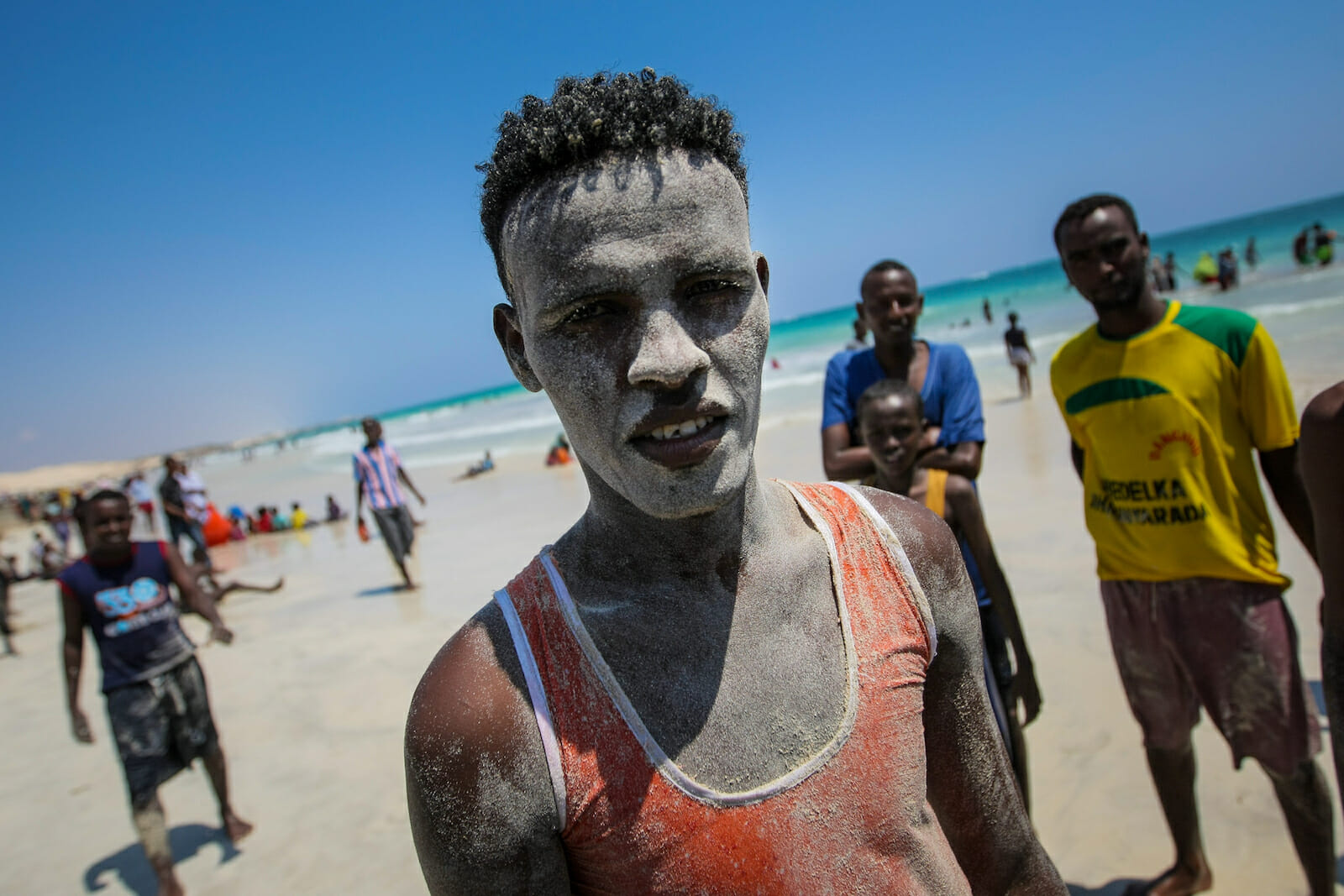
Fostering a New Generation of African Leaders
My July 2012 commentary was about Sundance Institute Theatre Lab’s play premiere “Africa Kills Her Sun,” which I attended. The play was a collaboration of African playwrights and actors, expressing the plight of the Ogoni tribe in Nigeria, under Dictator Sani Abacha’s corrupt regime; human rights abuses, and suppression of free speech. Sundance had brought into focus the injustices in Africa through a social awareness–reaching out to young minds.
The play was adapted from a short story, by Ken Saro-Wiwa a popular writer and satirist, which combined slam poetry and storytelling. Saro-Wiwa was a vocal critic of the government, advocating on behalf of the Ogoni people who lived in abject poverty in the oil-rich Niger Delta. After the uprising in 1994 which he was accused of instigating, he was jailed, put on trial, and executed shortly thereafter. Ken Saro-Wiwa became a folk hero for other African’s suffering from human rights abuses and injustices.
Africans continue to struggle with poverty, corruption, violence, and disease. Power and wealth are also still held in a few hands. In sub-Saharan Africa, dictators and autocratic rulers control over fifteen countries, and twenty countries are considered failing or failed states—where freedom of speech and political activism is suppressed. George Ayittey, a well-known Ghanaian economist noted, “Africa has more dictators per capita than any other continent…there are only fifteen democratic countries.”
The Sundance Theatre Lab program started in 1996, with artists coming from Kenya and Uganda, where they suffered from discrimination and political isolation. Others soon came from Tanzania, Rwanda, Burundi, and Ethiopia. Sundance has helped a new generation of artists to freely express themselves.
The program has become a successful endeavor, holding its first gathering on the island of Manda, Kenya in 2010. Eight projects were developed by artists from Kenya, Tanzania, Ethiopia, Uganda and Rwanda, with the play “Africa Kills Her Sun” selected for the 2012 premiere held at Sundance, Utah.
The program has developed actors, writers, directors, musicians, composers, and producers; giving them the opportunity to network with American theatre experts and legends–and sharing their rich African cultures. Through inspired works, “they are able to bridge social, economic, religious, and cultural divides using the common language of art, to explore and express these common humanity issues.” They were free to express the inequities they have suffered and the effects of conflicts–the scourge of the continent.
The Washington Post article “In northern Mali, music silenced as Islamists drive out artists,” noted that Khaira Arby, a Malian musician, was driven from Timbuktu (known for its music culture) by Islamists who control this town in northern Mali. She was saddened by the plight of musicians and poets, who were regularly attacked by these extremists, wanting to enforce their will through Islamic law. Arby said, Islamists broke into her house and destroyed her musical instruments (even though she had written one song praising Allah); threatened to cut her tongue out. Arby’s recent album “Timbuktu Tarab” opened the door to several opportunities in the U.S., but her heart is in Timbuktu. Alwakilo Toure, a reggae musician, from the northern town of Gao, was attacked by Islamists who smashed his guitar. “It was his whole life” he noted. Another musician, Kiss Diouara, in defiance, composed the rap song: “Free the North…We want peace in our land…We want to go back to our homes…We want to go back to our homes.”
On December 7, 2012, the State Department announced the “TEDx Event to Showcase African Youth Leadership,” scheduled to take place on December 14 in Kampala, Uganda. “Technology, Entertainment, Design” (TEDx), a non-governmental organization–that plans conferences–will bring together speakers and youth leaders from across Africa. Their website noted that participants will be coming “from every discipline and culture who seek a deeper understanding of the world.” The event will be hosted by the U.S. embassy in Kampala, with speakers covering subjects as women’s empowerment, mobile marketing, and media usage. Entrepreneurs will include the founder of a Ghanaian website blog and founder of a company that builds stoves. Artists will include the founder of a Rwandan artists forum which showcases poetry, and a Sudanese actor who teaches the use of theatre to express oneself.
The State Department release noted that it supports programs in Africa “that encourage local talent to address local challenges.” The TEDx conference is an excellent opportunity for young Africans, from all walks of life, to exchange ideas—and find their niche in African civil society. The State Department can be a mentor–the game-changer–to help inspire young Africans. At the same time, it would give them hope and spread goodwill throughout the continent. This type of conference could be hosted at all the U.S. embassies in Africa, to help generate new ideas for entrepreneurs; inspire musicians, actors, writers, poets, and filmmakers–to develop a new generation of young leaders.
Sundance Institute and other mentors could be called upon to institute workshops for artists, and luminaries from other professions who could inspire young budding entrepreneurs. At the same time, these American mentors would also learn more about Africa’s rich culture.
Africa has a long history, recorded over centuries, through art, music, and culture–which transcend people’s consciousness of the past. For Africa to prosper, it needs to overcome the struggles with poverty, violence, disease, and corrupt dictators, which have become the scourge of the continent. The threat of radical Islamists is on the rise across the Sahel region. These extremists are making inroads in their quest to establish Islamic states–to institute Islamic law. This only adds to the instability in sub-Saharan Africa–with increased attacks against civil society—including muzzling music, art, poetry, and entrepreneurship.
The United States, as the foremost democratic and diverse country, needs to support the growing generation of African ‘free-thinkers.’ As part of our Foreign Policy, we need to be more proactive in conflict resolution–in the African countries at risk. The United States and United Nations need to support action against Islamist extremists–where negotiation is not an option—so that the rich African cultures are not destroyed. In the Sahel region, where radical Islamists are embedded–Mali is at great risk.

